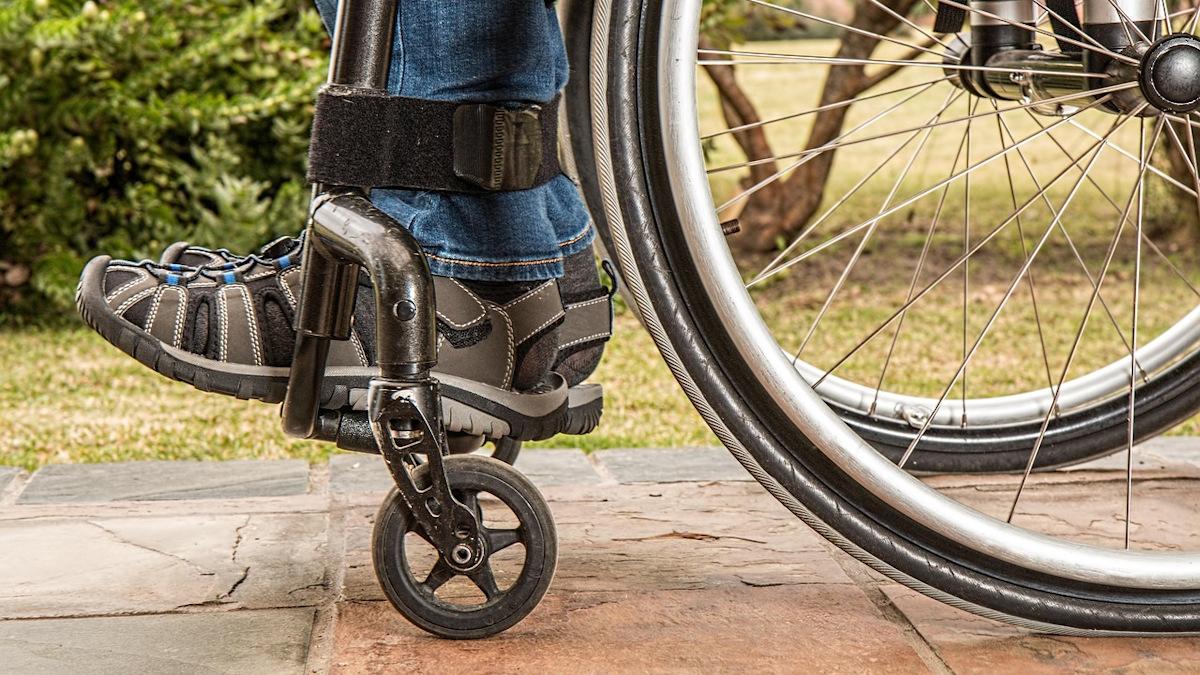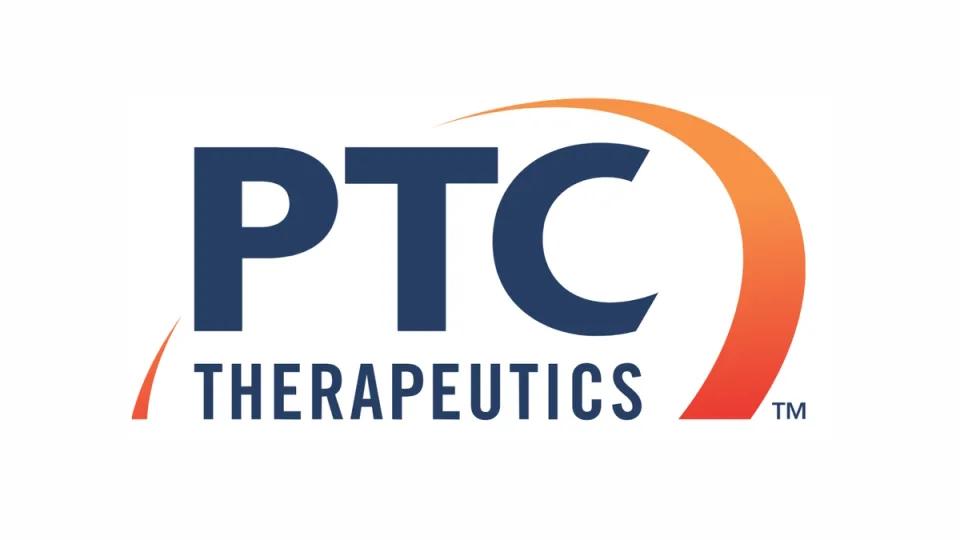Biogen bids to extend use of Skyclarys to younger patients

Biogen has started a phase 3 trial that it hopes will extend the label for its Skyclarys therapy for inherited neurological disease Friedreich's ataxia (FA) to include children as young as two.
Skyclarys (omaveloxolone) has been approved since 2023 as a treatment for patients aged 16 and over with FA, an ultra-rare disease that results in a range of symptoms, including difficulty walking, inability to coordinate movements, and muscle weakness.
The disease – which affects a few thousand people in the US – typically leads to patients becoming incapacitated and wheelchair-bound by their teens or early 20s, and leads to early death. Skyclarys is the only FDA-approved drug for FA and has been launched in 40 countries worldwide.
The new trial, called BRAVE, will enrol FA patients aged two to 15 and will include ambulatory and non-ambulatory children, according to Biogen. Testing the drug in the younger age group could be significant, as symptoms of FA generally start to emerge between the ages of five and 15 but can manifest earlier or later.
"Recognising the symptoms of Friedreich ataxia typically begin in childhood, and earlier onset of symptoms is associated with faster disease progression, there is tremendous unmet need in the paediatric community," said Stephanie Fradette, who heads the neuromuscular development unit at Biogen.
"We have been urgently advancing the paediatric development plan for omaveloxolone and are thrilled that the Phase 3 BRAVE study has now begun," she added.
BRAVE is expected to enrol around 255 children with FA and will initially run for 52 weeks. It will look at the change from baseline in the Upright Stability Score (USS), used to measure disease progression in FA, with an open-label extension that will continue to follow patients out to two years.
Skyclarys is an important growth product for Biogen, which has been hit in the last few years by a series of pipeline failures and patent expiries, as well as the disastrous launch of Eisai-partnered Alzheimer's therapy Aduhelm (aducanumab) and slow uptake of follow-up therapy Leqembi (lecanemab).
Sales of the drug came in at $382 million last year, and added another $124 million in the first quarter of 2025, although Biogen said sales in the US this year have been affected by "Medicare discount dynamics."
The company has modelled a $50 to $100 million impact from the Medicare Part D redesign in 2025, with around a third of that total related to Skyclarys. Since the start of the year, pharma manufacturers have been responsible for paying 10% of initial coverage and 20% of out-of-pocket costs for Medicare beneficiaries beyond a $2000 cap.
Biogen acquired rights to Skyclarys in 2023 when it bought Reata Pharma for $7.3 billion. Analysts have previously suggested that the drug could make sales of more than $1 billion a year at its peak.
Image by Steve Buissinne from Pixabay












